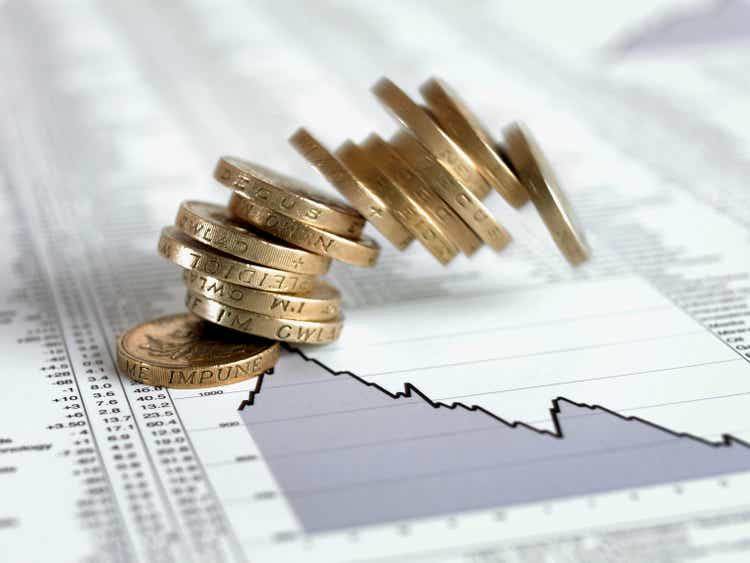OPEC+ members extend production cuts in bid to boost oil price
Stay informed with free updates
Simply sign up to the Oil myFT Digest — delivered directly to your inbox.
Opec+ members led by Saudi Arabia and Russia have extended the latest round of voluntary cuts to oil production for another three months, as they attempt to boost prices that have remained subdued despite ongoing geopolitical tensions.
The curbs were due to expire at the end of March but will now be maintained until the end of June, according to Saudi Arabia’s state news agency.
The measures add to a series of output cuts by Opec+ members since 2022 designed to support prices amid rising US production and tepid global demand. Since the latest voluntary cuts came into effect in January they have lowered the combined production targets of members by about 2.2mn barrels a day.
Brent crude, the international benchmark, has risen by 6 per cent and the US equivalent WTI almost 8 per cent since the latest cuts were first announced at the end of November.
But despite tensions in the Middle East, including the Israel-Hamas war and the attacks on commercial shipping by the Houthis, the oil price remains well below the $100 a barrel level last seen in the summer of 2022.
Traders had largely expected the decision to extend the curbs, with crude oil prices rising last week ahead of the announcement. Brent rose more than 2 per cent last week to close above $83 a barrel on Friday, while WTI closed just under $80 a barrel, a rise of more than 4 per cent.
Opec+ was “trying to keep the market in balance”, said Amrita Sen at Energy Aspects. “Oil prices are a lot more stable . . . but they want to ensure the stability continues,” she said.
Saudi Arabia has shouldered most of the curbs, having cut its production by 1mn b/d since July. In total, the kingdom is producing 2mn b/d a less than it did in October 2022. In January, it dropped its plans to expand its daily oil production capacity by 2027 in a major policy reversal.
The country needs an oil price of closer to $100 a barrel to fund the ambitious economic reform programme of Crown Prince Mohammed bin Salman, but its efforts to cut production have not been welcomed by the US, which is worried about the effects on inflation.
Kuwait, Algeria, Oman, Iraq and the United Arab Emirates also confirmed that they would maintain the voluntary production cuts.
All eyes are now on the semi-annual meeting of Opec+ ministers on June 1, where analysts expect the group to align on the production policy for the second half of the year.
Member nations were “hoping to add barrels back to the market” in the second half of this year, Sen said. “But that is not a guarantee. It depends on market conditions. They will never add back barrels to create a surplus in the market,” she added.
The outlook for oil demand this year remains unclear. The IEA predicts oil demand will grow by 1.2mn b/d, about half the pace of 2023, while Opec believes demand growth will be higher at 2.2mn b/d.
Source link


